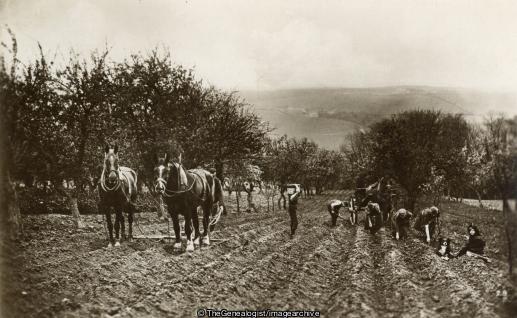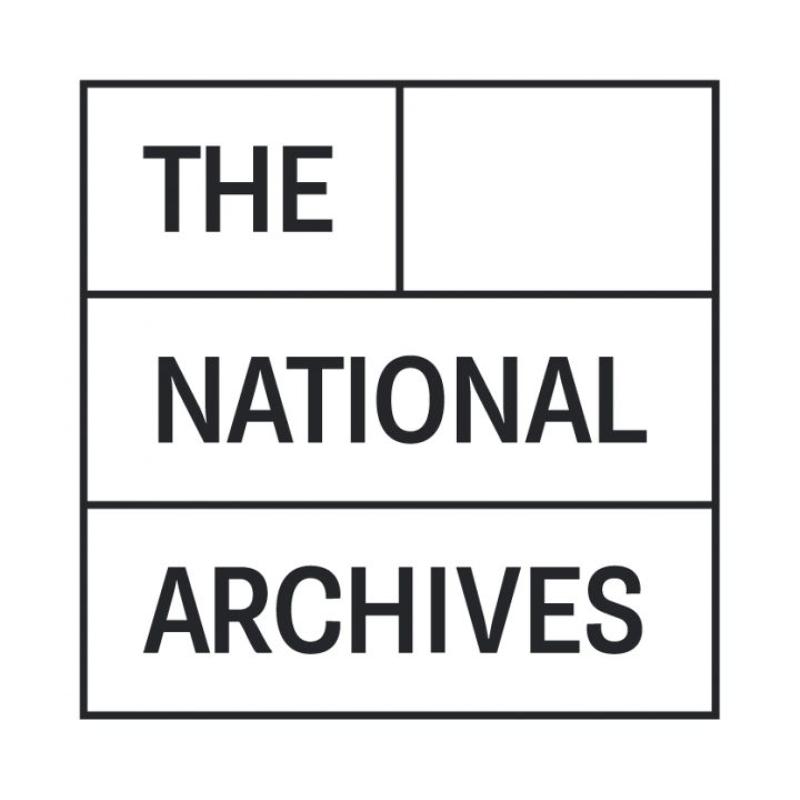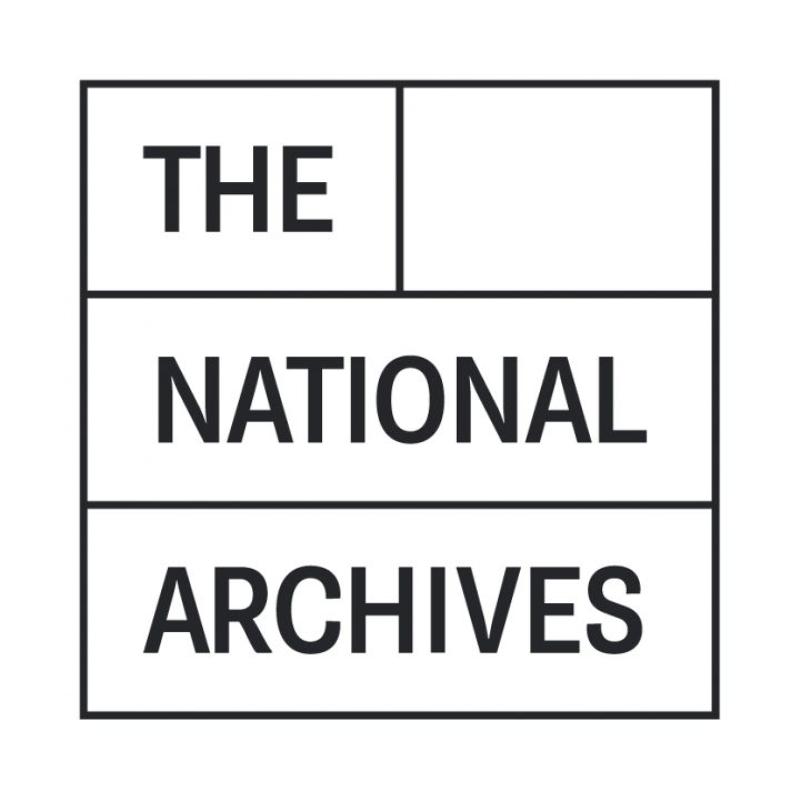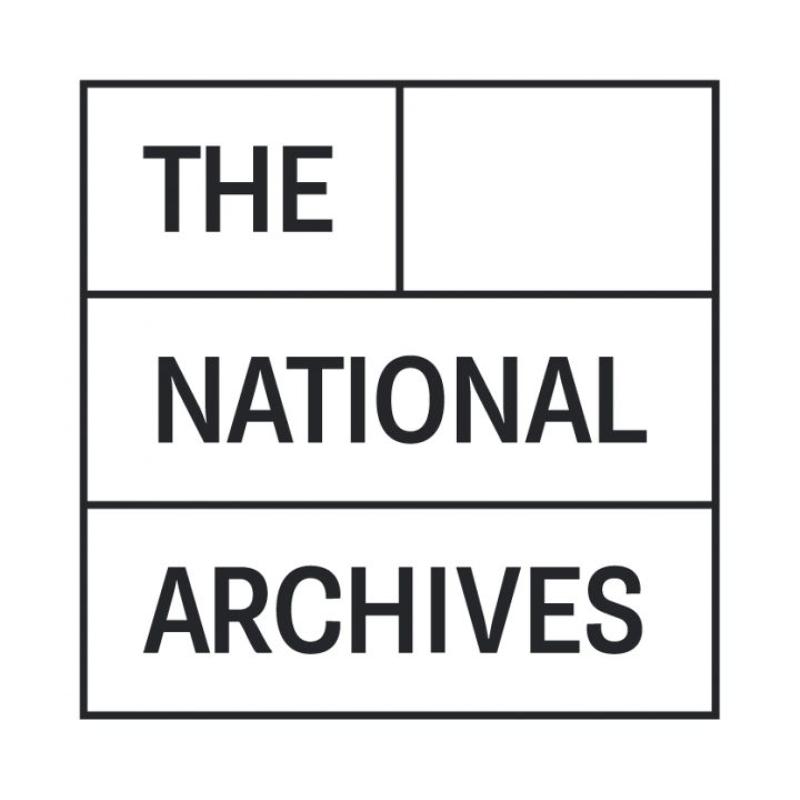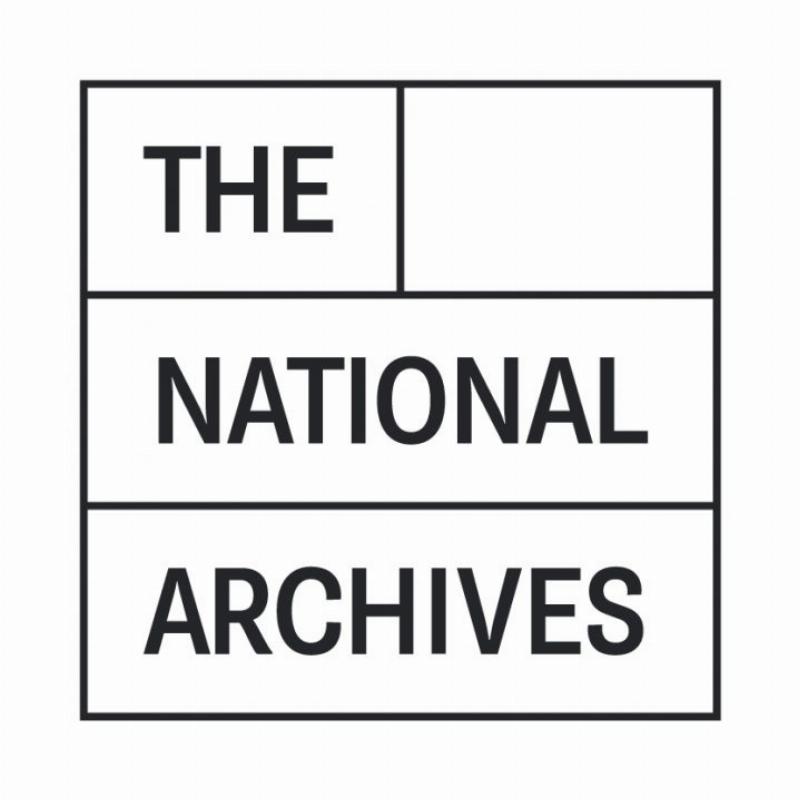300,000 farm records going online with The National Archives
The following news is written by The National Archives:
The National Archives is delighted to announce that we will digitise the National Farm Survey (MAF 32 and MAF 73) in full, thanks to a generous grant of £2.13 million from Lund Trust.
The 1941 National Farm Survey is one of the most comprehensive records of land that we hold in our collection and is a window in time on the UK’s agriculture and land use in the middle of the Second World War. Containing extensive data on over 300,000 English and Welsh farms, the survey is among the most-requested record series at The National Archives.
Currently, the complex filing of the paper record makes it difficult for readers to order and use, with the records only available in physical copy. This project will digitise the series in full and create a new digital cataloguing arrangement to make each farm searchable online.
It will not only make the survey permanently and freely available, but will also improve its accessibility and searchability.
Genealogists, family and local historians will be able to consult the series for their own research, and the project will lay the ground for new analyses by historical economists, geographers and ecologists.
Jeff James, CEO & Keeper of The National Archives said:
“This is a unique opportunity to realise the potential of what was seen as a ‘Second Domesday Book’, a ‘permanent and comprehensive record of the conditions on the farms of England and Wales’. Thanks to this partnership, the National Farm Survey, an enormous database of land ownership and land usage in mid-20th century Britain, will be freely available online to researchers in the UK and globally.”
Andrew Wright, Director of Lund Trust said:
“The National Farm Survey was born out of a wartime need decades ago but still has much to teach us about the land. We are pleased to support making these records accessible to help people in England and Wales to know their local areas better and aid scholars researching our rich agrarian history.”
The project began in October 2023 and will finish in March 2027, with teams from across The National Archives working on the conservation, digitisation, transcription, cataloguing, and publishing of the records. More information about the project’s progress and first image release will be published later this year.
About The National Archives
The National Archives is a non-ministerial government department and the official archive for the UK government, and for England and Wales. We look after and make available to the public our collection of historical records dating back more than 1,000 years, including records as diverse as the Domesday Book and MI5 files. We are also a cultural, heritage and academic organisation which promotes public accessibility to iconic documents while ensuring preservation for generations to come.
Lund Trust supports work that greens people’s lives in the UK and also gives to other causes its donors especially care about. Since 2002, it has given more than £107m.
For more information:
You can find out more about the National Farm Survey in Explore the Collection, or by reading our Research Guide.

